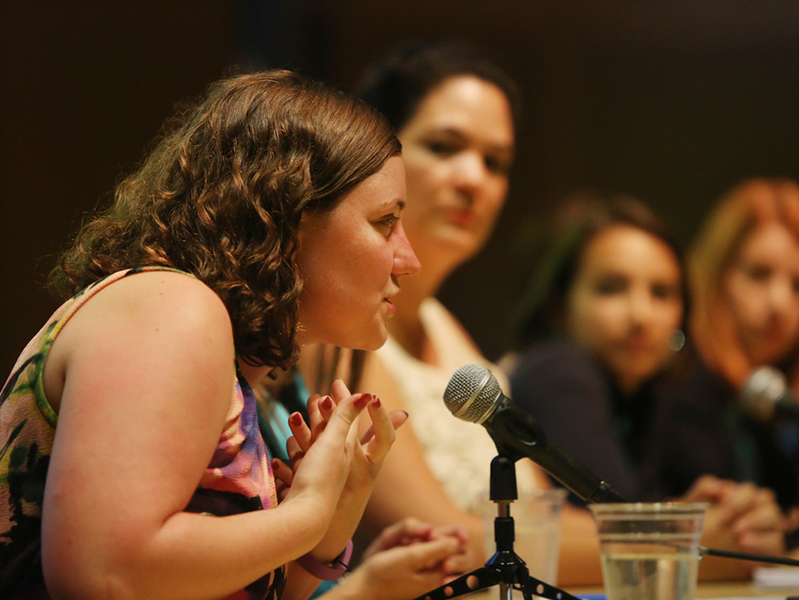New certificate prepares students to drive research, practice, and policy in violence prevention

Violence is a leading health burden in the U.S. and globally and plays a significant role in shaping population health and health disparities. With that in mind, the Department of Social, Behavioral, and Population Sciences has launched a new Violence Prevention Certificate for current graduate students at the Tulane School of Public Health and Tropical Medicine.
“Violence is a major public health problem and really an understudied pandemic globally,” Senior Director of the Violence Prevention Institute Dr. Katherine Theall said. “As a key and addressable social determinant of health and health inequities, it is imperative that we train the next generation of public health students in this area.”
The new certificate program at Tulane provides training to scholars and practitioners on proper research and evaluation methods aimed at violence prevention, one of the most important social determinants of health and health disparities.
“Historically, and both nationally and globally, violence has been addressed after the fact—with an overemphasis on response and treatment, and little investment in prevention,” faculty lead Dr. Julia Fleckman said. “Examining and addressing violence from a public health perspective is vital to preventing violence and reducing its prevalence”
The new certificate is aimed at master’s students who want training in violence prevention, specifically, preparing them for a career in violence and injury prevention.
Courses in the new certification program will combine theory and methods to understand and address violence from multiple levels and throughout the lifespan.
Competencies achieved through certification will include being able to articulate causes and consequences of violence as well as mechanisms for violence prevention.
A primary goal for students will be to develop applied skills to competently engage in violence prevention efforts, but to be able to do so from a public health perspective.
“With the violence prevention certificate, we hope to train the next generation of public health leaders that can drive forward research, practice, and policy to reduce the global burden of multiple forms of violence,” Fleckman said.
All students enrolled in MPH, MSPH, and MPH&TM master’s degree programs are eligible to earn the certificate and can find more details about the program on the certificate webpage.
“Tulane is really leading the way in both training and research on violence prevention, and we are excited to see this certificate program grow what the university and school can offer,” Theall said. “This adds to other certificates like the gender-based violence certificate at the undergraduate level and is one of a series that we hope to expand upon and to eventually open to non-degree seeking students, too.”
